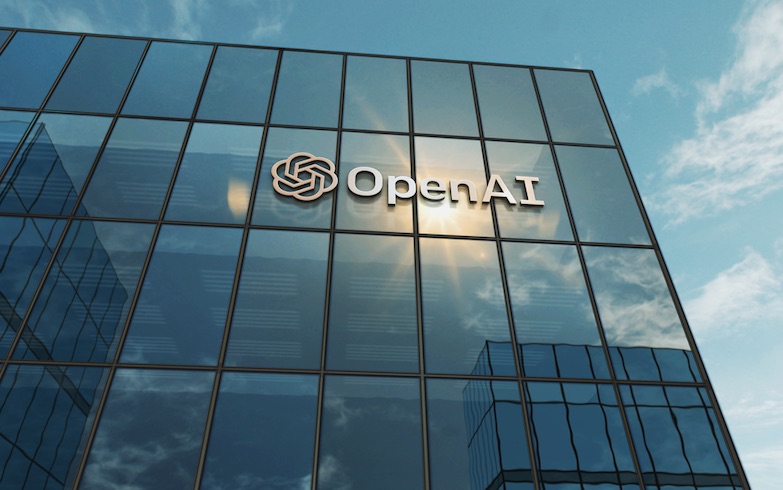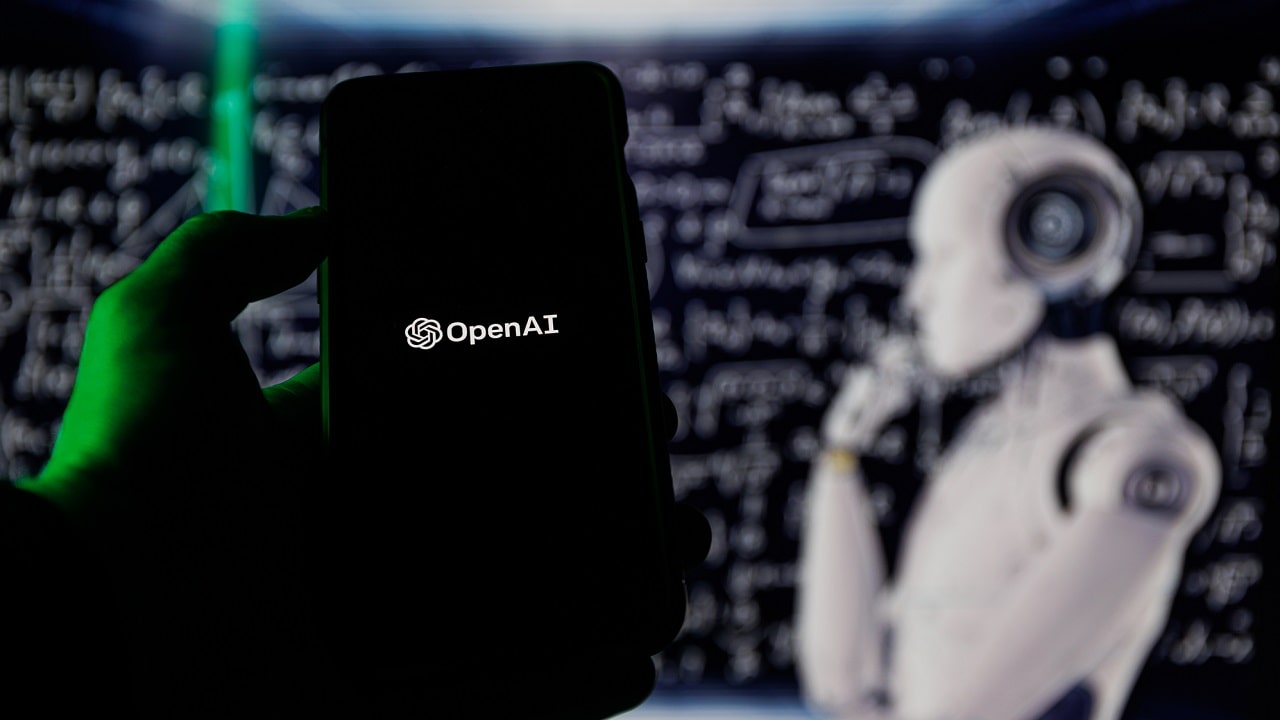Generative artificial intelligence, although on the lips of many for months, is still a newborn technology.
We are learning to use it, and only with continuous use (and trying to keep up with its very rapid and increasingly astonishing evolutions) can we understand its enormous potential. But also the equally great risks.
Just in the last few hours, for example, we wrote about how OpenAI changed the use policy of ChatGPT, deleting a passage in which it openly said that “military or war-related use” of the chatbot was prohibited.
Another (legitimate) concern regarding generative AI concerns the production of fake news. Or the manipulation of events such as elections. Here: how will OpenAI behave with respect to the many elections expected in 2024?

The (many) elections of 2024
It should be noted that 2024 will be a year full of elections.
Meanwhile, in November there will be the presidential elections in the United States, of which we have had a taste in the last few hours with Donald Trump’s victory in the Republican primaries in Iowa.
But the regional and national elections will involve more than 50 countries globally: approximately 4.2 billion people will go to vote. The European elections will involve the 400 million voters of the 27 EU states. There will also be voting in 8 of the 10 most populous countries on the planet: in addition to the USA, India, Bangladesh, Brazil, Indonesia, Mexico, Pakistan, and Russia. To which must be added 18 African countries.
It goes without saying the weight that AI could have in manipulating public opinion. This is why OpenAI has expressed its opinion on the 2024 elections.
OpenAI, the 2024 elections and generative artificial intelligence
The news was published on Sam Altman’s company blog on Monday 15 January.
The title of the note is “How OpenAI approaches the 2024 global elections”. And the subtitle: “We are working to prevent abuse, ensure transparency around AI-generated content, and improve access to accurate voting information.”
The test for the new measures will be the elections in the United States. If the outcome is positive, the rules will be spread to other electoral rounds. But how will OpenAI behave in concrete terms? There are three key points: the prevention of abuse, transparency on content generated by AI and access to authoritative sources on voting.
Prevention of abuse
OpenAI is attentive to preventing significant abuses such as deepfakes.
For example, DALL-E (artificial intelligence algorithm that generates images from textual descriptions) rejects requests to generate images of real people, including candidates.
As for ChatGPT, “we are still working to understand how effective our tools for personalized persuasion could be. Until we know more, we will not allow people to build political campaign and lobbying applications.”
Furthermore, developers are not allowed to create chatbots that pretend to be real people (e.g. candidates) or institutions.
Applications that dissuade people from participating in democratic processes, such as those that discourage voting, are prohibited.
Transparency on AI-generated content
For better transparency into image provenance, OpenAI will soon implement the Coalition for Content Provenance and Authenticity digital credentials, an approach that encodes content provenance details using encryption, for images generated by DALL-E 3.
And also a provenance classifier in the experimental phasea new tool for detecting images generated by DALL-E.
And ChatGPT is increasingly integrating with existing news sources: users will begin to have access to real-time news globally, including source attribution.
Access to authoritative sources on voting
In the United States OpenAI partners with the National Association of Secretaries of State (NASS), the nation’s oldest nonpartisan professional organization for public officials.
ChatGPT will direct interested users to CanIVote.org, the leading US voting information website, when asked certain procedural election-related questions, such as where and how to vote.















Leave a Reply
View Comments